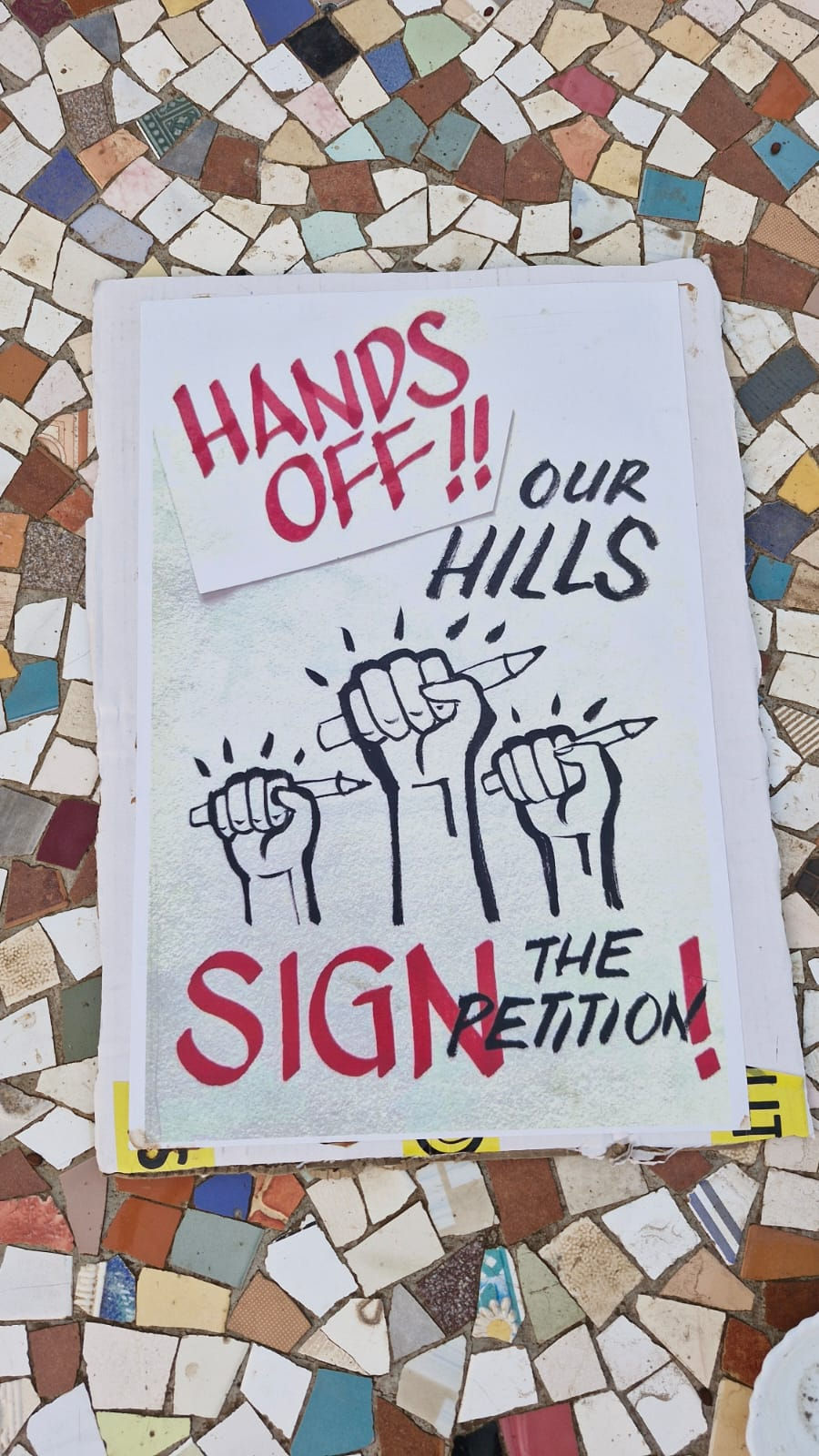Translators are underrated.
- pagesbyankita
- Jul 8, 2023
- 4 min read
Though borders still exist in the physical sense, the world has managed to exchange a lot in the cultural sense. This includes things like cuisine, music, dance forms, languages, and of course the focus of today’s article - literature.
From the brilliant novels of Tolstoy and Kafka to the epic poems of Homer and Dante, translated literature has allowed us access to works that have transformed the literary genre. However, although we are aware of the original authors of these masterpieces, we are less aware of the people who have translated them. In the case of less renowned works or contemporary works, we might not even realize that they were originally written in another language. I would like to assure you that this is by no means our fault. At least not entirely.
Publishers are often hesitant to put translator’s names on the cover, or the back, or anywhere easily visible, for a variety of reasons. Since we would’ve never had the opportunity to read so many amazing books if it hadn’t been for these unnamed heroes, and because I didn’t exactly have a lot to do over the summer, I set out to find the reasons behind this.
The first order of business was to understand why we couldn't simply rely on translating software. Surely that would be easier, less time consuming, and more cost effective, right? Why was it necessary to have a human at the helm? You see, the process of translating literature is complex and nuanced. It involves much more than a straightforward translation of every word from one language to another.
In his essay The Translator’s Task Walter Benjamin explains, “In the words Brot and pain, what is meant is the same, but the way of meaning it is not. This difference in the way of meaning permits the word Brot to mean something other to a German than what the word pain means to a Frenchman.”
The smallest word choices can have a huge impact on the emotion that is carried across. Certain idioms, phrases, wordplay and cultural references do not have direct equivalents in the target language, making it harder to capture the essence of the original text in another language and culture. Furthermore, writers have their own unique artistic styles and voices that must be preserved. It is a translation of their work after all. Translators are responsible for something beyond communication or the imparting of information - the poetic, you could call it. And for all the innovations in technology, AI cannot replicate the poetic.
It is possible to argue that every time a book is translated, there now exist two texts: the original by the author, and the translated by the author and translator. The two texts differ in word counts, may even differ in title, and most importantly, differ in language. Taking the liberty to quote Walter Benjamin again, “While a poet's words endure in his own language, even the greatest translation is destined to become part of the growth of its own language and eventually to perish with its renewal.”
Now that we have understood the amount of literary prowess and artistic sensibility required to ensure that the translated work remains faithful to the original while making it accessible to a new audience, why are translators not credited on cover pages?
Publishers seem to think that people might not pick up books if they know it has been translated. There exists a preconceived notion that translations are either too literary or too stiff to enjoy. By including the translator’s name on the cover, publishers are at risk of losing sales to readers who only want literature that originated in their language or culture.
But doesn’t that simply perpetuate the myth of “no one reads translations” even more? For an industry that claims to be universal, saying that internalization scares off its readers is pretty ironic. Additionally, as Porter Anderson noted in his article, “bowing to a perceived market dislike of another culture’s artistry supports, even unintentionally, a xenophobia that has no place among true people of letters.”
Translation is an area that is severely underfunded and under supported. Giving the translators recognition is the least we could do, and it is the first step towards actual concrete changes. Adding their names next to the authors highlights their crucial role in the construction of the text making it possible for them to get better pay, royalties, and much more. As said in this article, “The more we celebrate translation, the more books we’ll be able to get in translation, because publishers will see that they sell, and they matter.”
In 2021, on September 30th, which is International Translators Day, a group of translators, publishers and authors signed an open letter asking that translators be named on the covers. They also took to twitter with the tag #NameTheTranslator, urging publishers to give recognition to the translators and encouraging book industry professionals to mention the translator when referring to a translated work. The movement has been supported by renowned authors like Neil Gaiman, Jhumpa Lahiri, Max Porter and Bernardine Evaristo.
Translated literature has helped us connect to voices of diverse authors and explore the similarities and differences that exist among cultures. Let us help prevent translators’ names from being buried in footnotes. You can contribute by signing the petition to put translators on the cover here!
REFERENCES:
The movement to put translators’ names on book covers is working. ‹ Literary Hub (lithub.com) by Walker Capman
In London, a Call for Publishers to 'Name Translators on the Cover' (publishingperspectives.com) by Porter Anderson
Why Is It Impossible To Translate A Book? - Walter Benjamin and the Task of the Translator - YouTube by Robin Waldun
Put Translators on Book Covers | Book Riot by Leah Rachel von Essen




Dante truly deserves the praise since he is the sole reason the modern concepts of hell exist